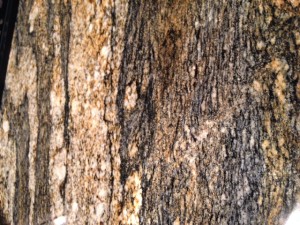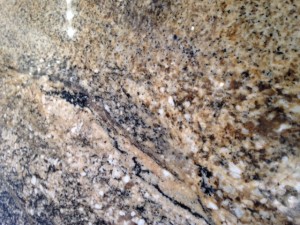

Andrew Kranz
In 2010, Andrew founded Aspen Kitchens in Colorado Springs, introducing a unique design-build concept for kitchens and baths. This venture provided a comprehensive service where clients could design, source materials, and hire a general contractor under one roof.
After refining this business model over the years, Andrew, along with his wife and their three children, expanded by opening a professional retail kitchen supply store. Drawing on Lisa’s expertise and passion for home décor, they aimed to offer a shopping experience centered around family and community.

